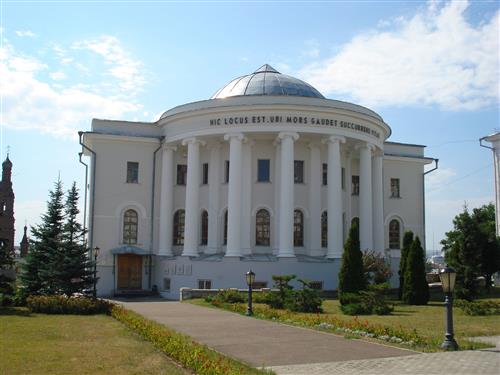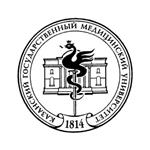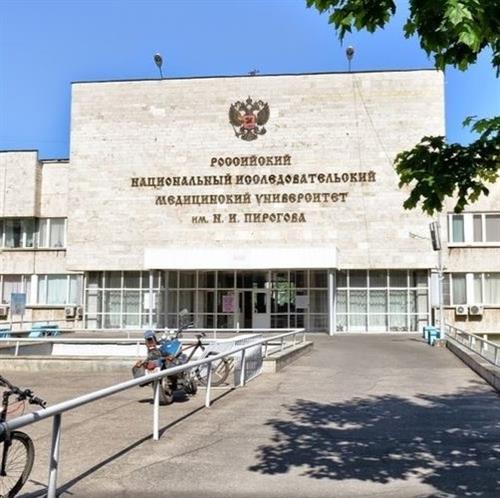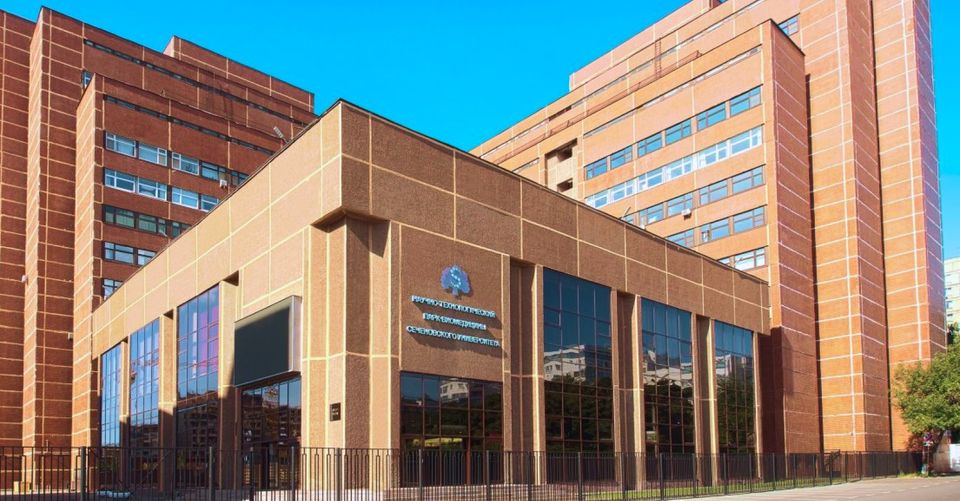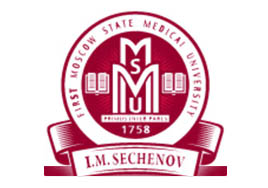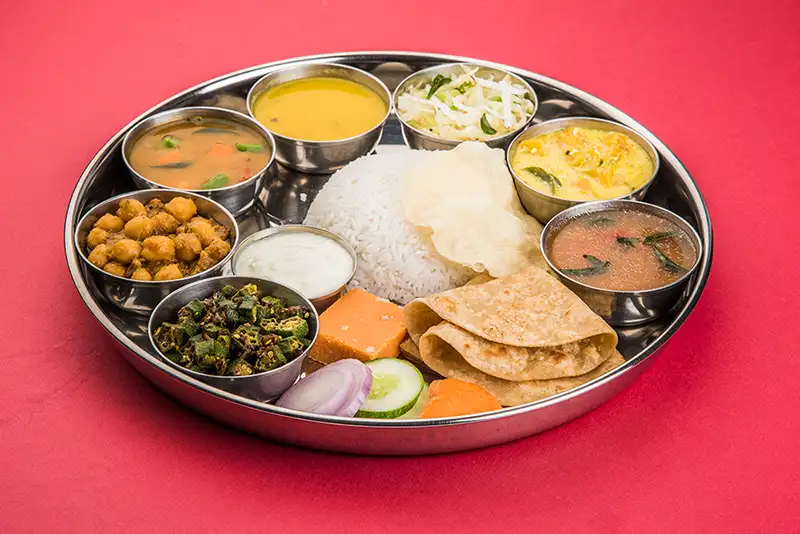MBBS in Russia - Important Links
MBBS in Russia Overview
Russia has historically been India's most dependable ally since independence. This long-standing relationship has contributed to making MBBS Russia popular among Indian students. An MBBS degree in Russia is a highly sought-after option for Indian students seeking to study medicine abroad. Since 1985, India has witnessed a steady stream of students heading to Russia to pursue medical programs, cementing its status as a top destination for MBBS education in Russia.
With over 4,000 Indian students flying every year to study MBBS in Russia, it's evident that more than 50% of those seeking medical education abroad are choosing this exceptional country. Its reputed institutions further accentuate Russia's prominence in providing high-quality medical education. As such, medicine in Russia has become a popular choice for Indian students aspiring to excel in the medical field on an international stage.
Quick Facts about MBBS degree in Russia
| Medical Universities in Russia | 90+ |
| Medium of instruction | Bilingual, English, Russian |
| Duration of Medicine | 6 Years Incl. Internship |
| Degree awarded | MD Equivalent to MBBS |
| Yearly Tuition Fee (INR) | 2-4 Lacs INR |
| Total Budget for MBBS | 20-40 Lacs INR |
| Ruble to INR | 1 RUB =1.05 INR |
| Licensing Exam for Indian Students | Permitted |
| Internship | 12 Months |
| Meeting NMC Criteria | Yes |
MBBS degree in Russia for Indian Students
How many Indian students are pursuing MBBS education in Russia at the moment? The answer would be that there are almost 23000 Indian students in Russia for the MBBS program enrolled in various medical universities. Indeed, there are quite many medical aspirants in many countries. Nearly 70–80% of Indian medical students in Russia are studying at only 8–10 medical colleges.
MBBS in Russia vs MBBS in India
| Parameter | India | Russia |
| College Type | Public & Pvt | Only Public |
| Tuition Fee for the course | Pub Rs. 1-3 Lac, Pvt Rs. 60 Lacs - Rs. 1.5 Cr | Rs. 15-25 Lacs |
| Duration | 4.5 + 1 Year | 6 Years |
| Infrastructure | Good to Below Avg | Good |
| Degree Awarded | MBBS | MD Physician |
| World Rank | Only AIIMS, Delhi | 7 in the Top 1000 |
| Teaching Experience | 5-50 Yrs | 50-100 Yrs |
| Study Pattern | Pre, Para & Clinical | European ECTS |
| Internship | 1 Year | 1 Yr incl. in 6 Yr |
| Subjects in MBBS | 19 Subjects | 55+ Subject |
| ECFMG (USA) ,UK Accreditation | Only 473 out of 706 College | All are approved |
NMC Approved Russia Medical University & Grading
There are multiple advantages to studying at Russian Medical Universities for Indian students. A few are mentioned below-
- Affordability: Russia is the most affordable option among all the study-abroad destinations for Medical students.
- Quality of Education: Russia offers better education for a similar budget to that of Kyrgyzstan, Kazakhstan, Uzbekistan, etc.
- NMC guidelines: The MBBS Education in Russia fulfils all the New NMC guidelines laid for the Licensing Exam in India (NExT)
- Medicine Syllabus: The curriculum of the Medicine degree program in Russia covers all 19 subjects, similar to that offered in the Medical Colleges in India.
- Internship: The total period of the MBBS course dedicated to clinical exposure amounts to more than 1 year, which is as per the NMC requirements.
- Global Exposure: Medical universities accept students worldwide and allow real international exposure.
- Safety: Russians highly value tradition and family ties, so there is no racism or religious discrimination.
Disadvantages of studying MBBS in Russia
Although there are multiple advantages to pursuing MBBS in Russia, certain challenges persist. To start, a few such problems faced by Indian students during their MBBS study in Russia are below:
- Language Barrier: English is not a common first language in Russia, so basic conversation in daily life can be a major concern.
- Bilingual Program: Most Russian universities run bilingual MBBS programs or are entirely in the Russian language. Hence, the University selection must be done very carefully.
- USMLE & NExT Preparation: Agents misled Indian students by claiming that Russian universities offer NEXT, USMLE, or PLAB coaching to students, which is an utter lie. It is important to note that Universities in Russia are not responsible for providing NExT classes to Indian students. The University in Russia follows the curriculum designed by their medical regularity authority. You have to prepare for the licensing exam on your own.
- Low FMGE Passing Ratio: The FMGE passing ratio of Russian universities, at approximately 18%, is not very promising. Primarily, this ratio occurred due to the unbothered conduct of students towards Licensing Exam FMGE or NEXT. Those who neglect the need to prepare for FMGE or NEXT after returning to India often meet challenges. Accordingly, taking USMLE or NEXT preparation from 1st Year is advised.
NMC Approved Russia Medical University & Grading
Over 90 medical universities are accepting international students for general medicine programs in Russia (MBBS) in English, Bilingual, and Russian programs. Many Indian agents admit students to bilingual programs instead of English-taught MBBS programs. As per NMC regulation for FMGE 2021, if any chance a student pursues the Bilingual MBBS program, they will not be eligible to appear in the Indian Licensing Exam NEXT. So, if you are looking for MCI-approved Medical colleges in Russia, selecting a University that provides an entire MBBS course in the English language is extremely important. Only all 6 years of English taught MBBS from Russia are valid in India. Moreover, you should prefer a University with a good quality of education.
Approximately 18 universities deliver English Taught Programs, of which only 10 or 12 have a quality infrastructure, making them the top medical Universities in Russia recognised by MCI. You can select the Best Medical University in Russia based on their grading or find the Top 10 Medical Universities in Russia if you wish to refer to the University grade and check the availability of the Medicine Program in English.
Top medical university in Russia for Indian students
| University Name | Language | Grade | Eligible for NExT |
|---|---|---|---|
| Altai State Medical University | English | B+ | Yes |
| Astrakhan State University | Bilingual | B+ | Yes |
| Bashkir State Medical University | English | B+ | Yes |
| Belgorod National Medical University | English | B+ | Yes |
| Chechen State University | Bilingual | C | No |
| Chuvash State Medical University | Bilingual | B | No |
| Crimean Federal University | English | B+ | Yes |
| Dagestan State Medical University | Bilingual | B | No |
| Far Eastern Federal University | English | A | Yes |
| First Moscow State Medical University | English | A+ | Yes |
| Kabardino-Balkarian State University | English | A | Yes |
Note: Universities' grading is based on the quality of their education, not their medium of instruction for medicine programs. The University (Marked Green) has a good infrastructure and offers English-taught programs. Crimea Federal University and Belgorod State University are located close to the Ukrainian Border and hence need to be omitted, even though they provide an MBBS Program in English. The best MBBS colleges in Russia for Indian students are hardly 10-12, which should be considered for the MBBS program. Orel State, Bashkir, and Kazan State are among Russia's top 10 medical colleges. Whereas First Moscow and People Friendship are medical universities in Moscow, Russia



